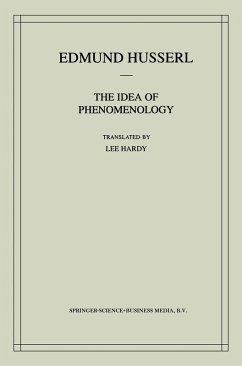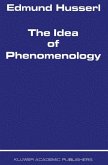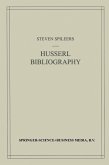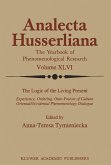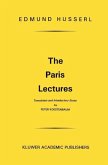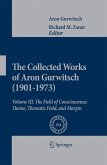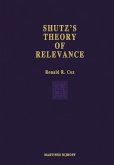3 same lecture he characterizes the phenomenology of knowledge, more specifically, as the "theory of the essence of the pure phenomenon of knowing" (see below, p. 36). Such a phenomenology would advance the "critique of knowledge," in which the problem of knowledge is clearly formulated and the possibility of knowledge rigorously secured. It is important to realize, however, that in these lectures Husserl will not enact, pursue, or develop a phenomenological critique of knowledge, even though he opens with a trenchant statement of the problem of knowledge that such a critique would solve. Rather, he seeks here only to secure the possibility of a phe nomenological critique of knowledge; that is, he attempts to secure the possibility of the knowledge of the possibility of knowledge, not the possibil ity of knowledge in general (see below, pp. 37-39). Thus the work before us is not phenomenological in the straightforward sense, but pre phenomenological: it sets out to identify and satisfy the epistemic require ments of the phenomenological critique of knowledge, not to carry out that critique itself. To keep these two levels of theoretical inquiry distinct, I will call the level that deals with the problem of the possibility of knowledge the "critical level"; the level that deals with the problem of the possibility of the knowledge of the possibility of knowledge the "meta-criticallevel.
Dieser Download kann aus rechtlichen Gründen nur mit Rechnungsadresse in A, B, BG, CY, CZ, D, DK, EW, E, FIN, F, GR, HR, H, IRL, I, LT, L, LR, M, NL, PL, P, R, S, SLO, SK ausgeliefert werden.

